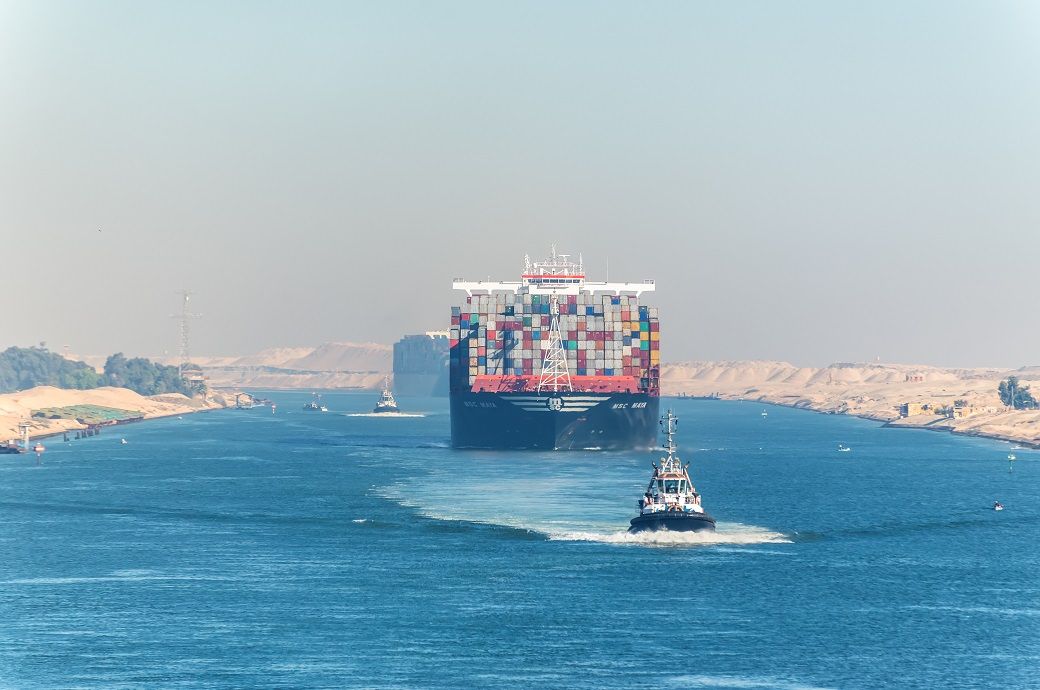
The changing geopolitical dynamics of the Israel-Hamas conflict have posed serious challenges for the global textile trade. A recent attack on vessels along the Red Sea-Suez Canal route by Yemen's insurgent group, the Houthis, has forced shipping lines to reroute their vessel movements. Global brands and retail companies have also been compelled to take urgent measures to mitigate the risk of delays and spikes in logistics costs.
According to industry experts, the rerouting of vessel movements can cause delays in shipments and a rise in costs. Brands are also exploring options like air shipment for urgent deliveries.
Attacks launched by Yemen's Houthi group on commercial ships at the southern end of the Red Sea have prompted several shipping companies to divert vessels, avoiding a route that would take them through Egypt's Suez Canal in the north and its link to the Mediterranean Sea. Shipping companies are planning to reroute their shipments.
Jasveen Kaur, senior director of merchandising at Newtimes Group of Companies, told Fibre2Fashion, “This is a serious concern from both cost and timeline standpoints, and almost all brands are already informed about this concern and are taking proactive measures to mitigate the risk.”
She said that vessels are being rerouted through the Cape of Good Hope in South Africa. Due to the uncertain situation, it may be necessary to consider alternative options such as air freight for urgent shipments, managing inventories, and resetting floor sets. Kaur mentioned that exporters are negotiating the extension of Purchase Orders (POs) as needed by buyers for the entire season.
Some experts believe that the decision of several shipping lines to avoid the Red Sea and go through the Cape of Good Hope will disrupt trade, causing delays and incremental costs. However, they feel that freight rates may not rise significantly due to limited capacity for the trade to absorb. Macroeconomic conditions are not favourable enough to accept an excessive rise in freight charges. Longer transit times are more likely to impact the timely delivery of goods.
ALCHEMPro News Desk (KUL)
Receive daily prices and market insights straight to your inbox. Subscribe to AlchemPro Weekly!